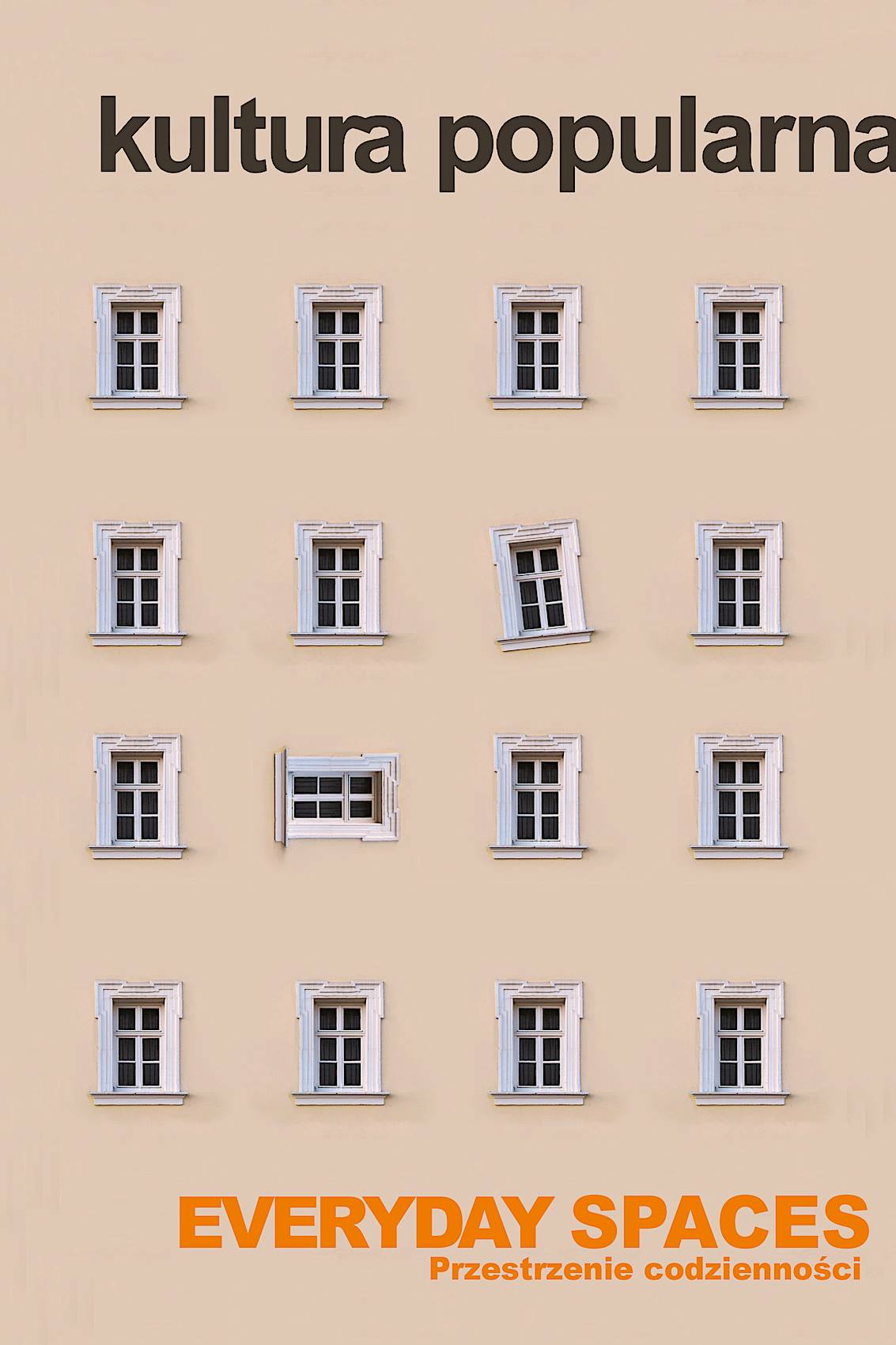Domesticating the Flâneur: Colson Whitehead’s Zone One
Domesticating the Flâneur: Colson Whitehead’s Zone One
Author(s): Karolina SłotwińskaSubject(s): Anthropology, Fiction, Novel, Cultural Anthropology / Ethnology, Culture and social structure , Ethnic Minorities Studies
Published by: Szkoła Wyższa Psychologii Społecznej
Keywords: popular culture; flaneur; zombie; witnessing; metropolis; C. Whitehead
Summary/Abstract: The paper analyzes the appearance of the flâneur in Colson Whitehead’s 2011 apocalyptic zombie novel Zone One. Although considered an obsolete figure of nineteenth-century literature, the flâneur as conceptualized by Walter Benjamin can be still seen as useful in guiding discussions of contemporary urban experience. The essay argues that the ruined city in Zone One, although initially frozen in the aftermath of the shock of zombie apocalypse, is in the course of the novel reconfigured as the space of change owing to the transformation and actualization of flâneurian optics. The novel can thus be seen as outlining a paradoxical process of domestication in which the flâneur changes from an obsessed outsider into a “man of the crowd” that belongs in the city streets and among its masses. This transformation is visible at the level of the plot and the narrative style in the shift from predominantly phantasmatic treatment of metropolis echoing modernist literature to the action-driven narrative of a zombie novel emphasizing active involvement in the change. Through its engagement with the theme of a ruined city and its location in Manhattan, Zone One aligns itself with other literary works dealing with the trauma of 9/11 and provides an alternative to the disjointed inassimilable spectacle of the catastrophe in the form of ethically focused writing, which attempts to map out the trajectory for communal witnessing.
Journal: Kultura Popularna
- Issue Year: 55/2018
- Issue No: 01
- Page Range: 48-55
- Page Count: 8
- Language: English

